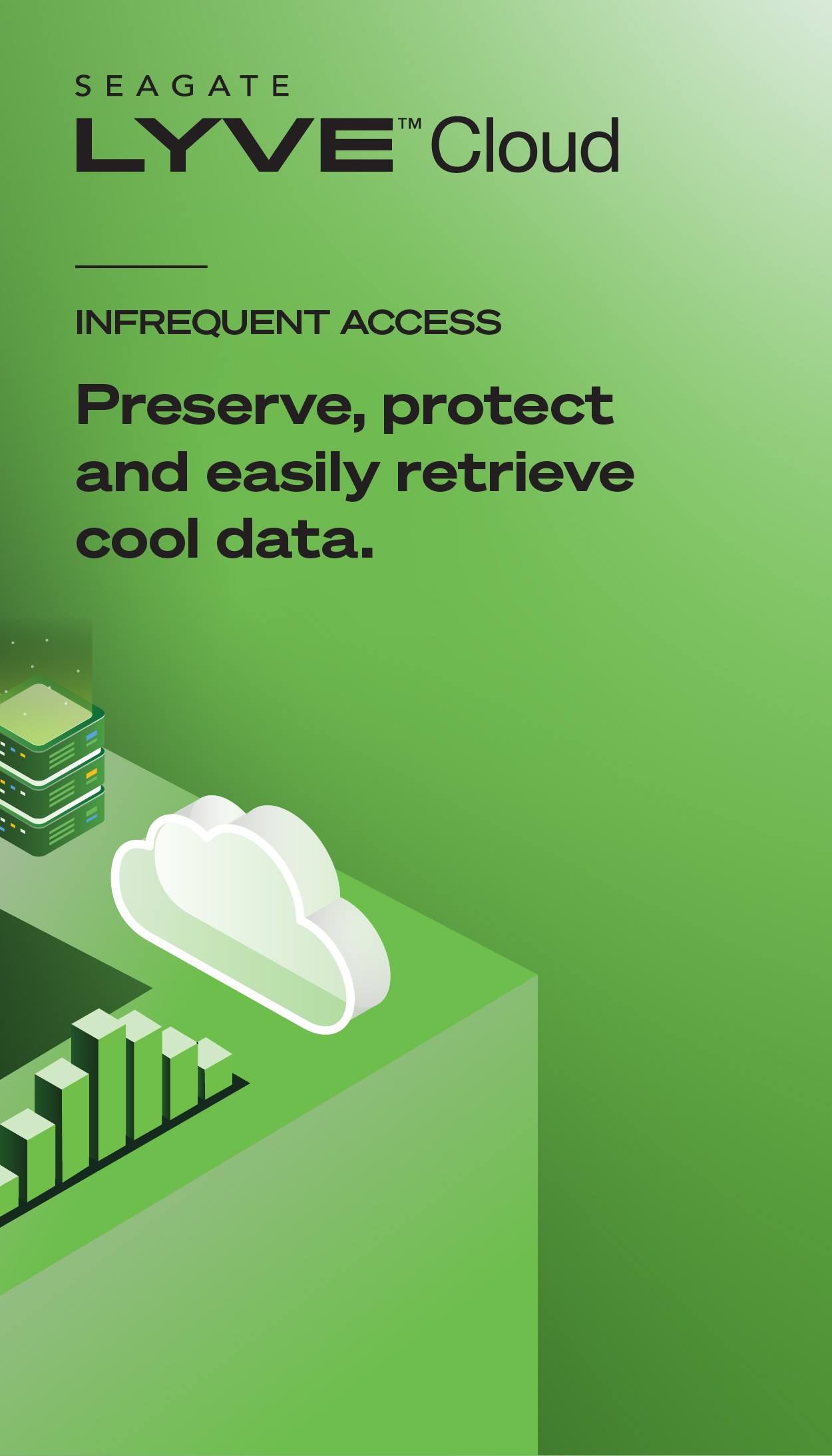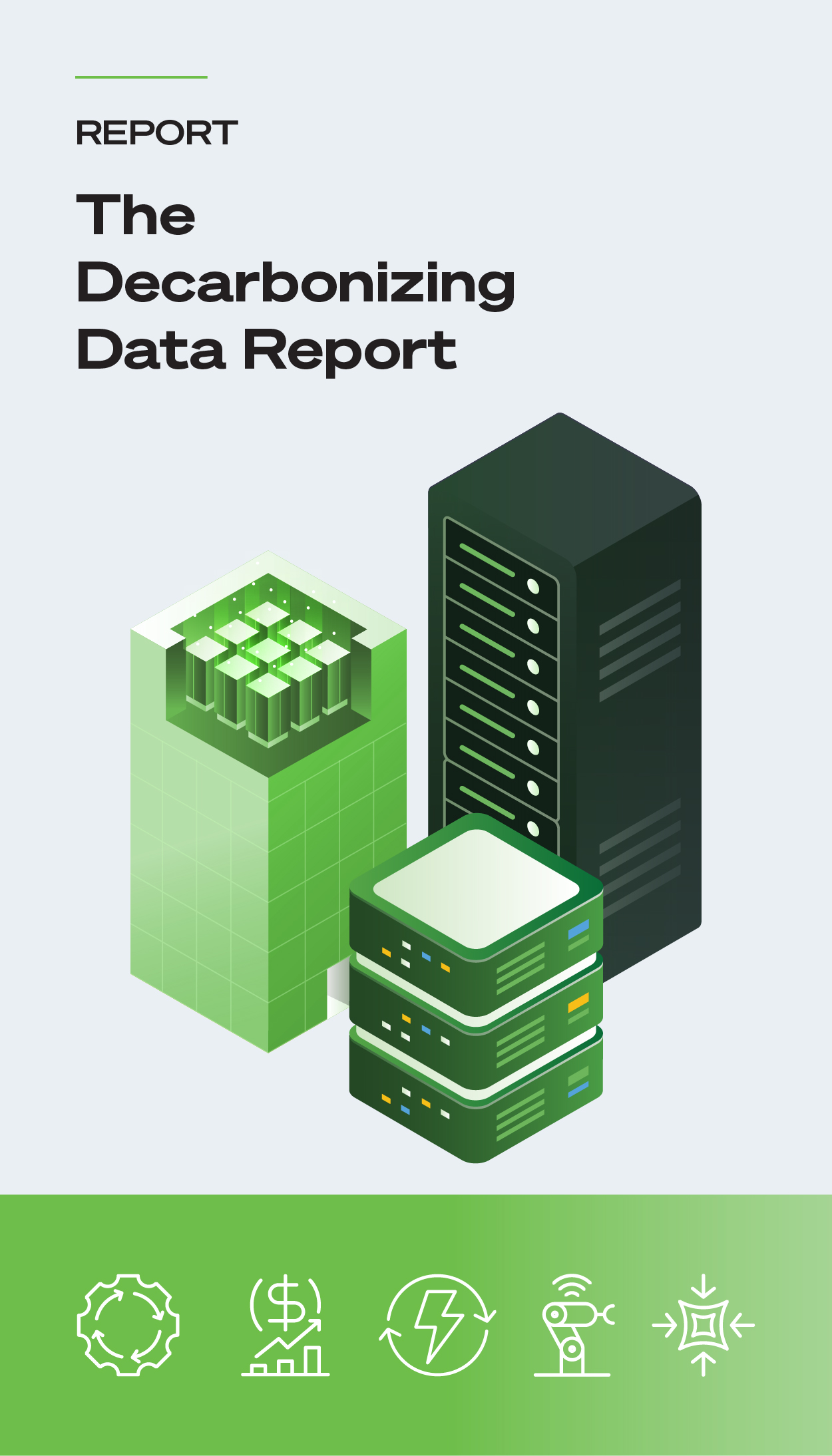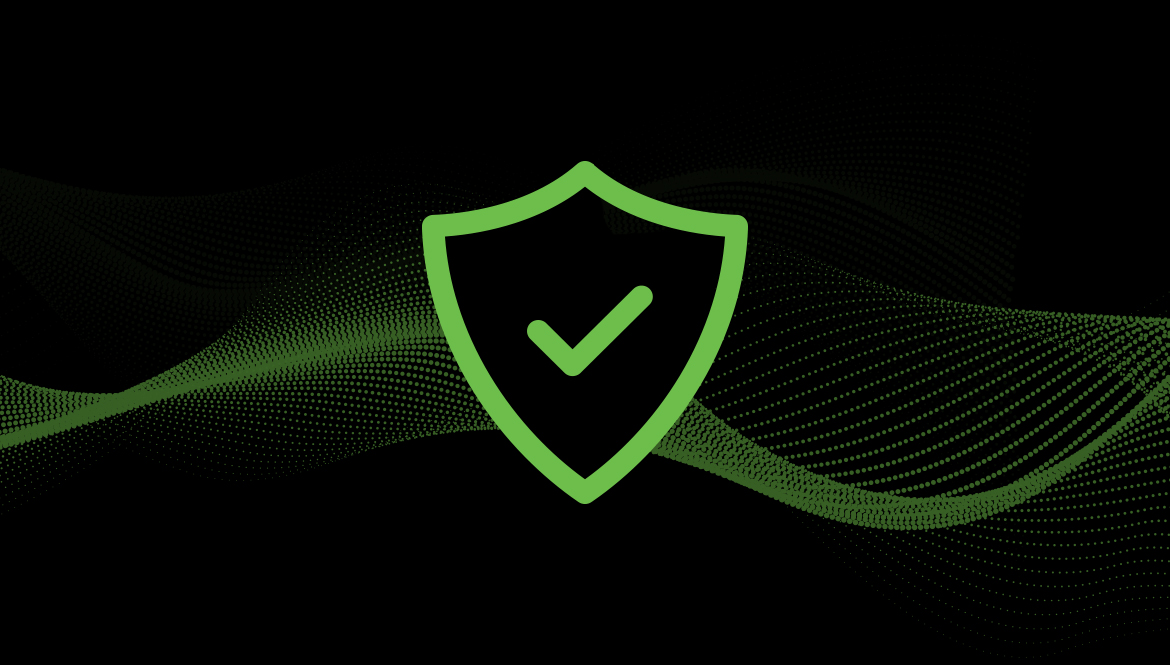As our society becomes increasingly interconnected with the virtual world, state and federal governments have released sweeping legislation designed to enhance data privacy.
What Is Data Privacy?
Data privacy refers to an individual’s ability to control how their information is collected, used, and stored. Modern data privacy legislation is often geared at preserving or bolstering consumers’ rights to their personal information.
Data Privacy Laws
Data privacy laws can be enacted at the local, state, federal, or international level. Municipalities typically leave the responsibility of protecting consumer privacy to state or federal authorities.
Why Is Data Privacy Important?
User data privacy is important because it protects consumers from having their personal information collected or used for frivolous purposes.
Without data privacy regulations in place, organizations could theoretically harvest consumer data through unscrupulous tactics and then sell this information to the highest bidder. Put simply, data privacy laws hold businesses accountable for how they leverage personal consumer information.
Understanding data privacy is essential for businesses because these pieces of legislation govern what information they can collect and how they can use it once it has been acquired.
European Data Privacy Laws
The European Union (EU) has always worked fervently to protect the privacy of EU residents. This organization was one of the first governing bodies to create data privacy regulations of any kind.
Its initial piece of legislation was released in 1995 and is known as the European Data Protection Directive. This document has since been replaced by the General Data Protection Regulation.
What Is the GDPR?
The General Data Protection Regulation (GDPR) is by far one of the most stringent data privacy laws. This set of regulations applies to all consumers within the EU.
What makes the GDPR unique is that it not only governs how businesses based in the EU interact with consumer data, but it also applies to companies outside of the EU that market to EU residents.
The GDPR establishes several consumer rights and outlines data collectors’ responsibilities for protecting individuals’ data privacy.
US Privacy Laws
While the GDPR’s penalties are more severe than any of those levied by any United States (US) privacy laws, the US and its individual states have enacted several different pieces of legislation that are geared toward protecting the rights of consumers. Some of the most notable include:
The Gramm-Leach-Bliley Act (GLBA)
The GLBA requires providers of consumer financial products, such as loan services, to outline to consumers how they share data. While this act does not restrict how financial products use consumer data, customers have the ability to opt out.
The Electronic Communications Privacy Act (ECPA)
The ECPA establishes guidelines that limit how employers can monitor employee communications. However, these rules are extremely broad. The ECPA also prevents government entities from tapping into conversations via electronic devices or phone lines.
However, the ECPA does not prevent the government or non-government entities from using data that was collected via servers or from cloud-based documents.
Federal Trade Commission Act (FTC)
Under the provisions of the Federal Trade Commission Act, the FTC can take action against websites or mobile applications that violate its own privacy policy. In order to avoid drawing the ire of the FTC, you must regularly review and update your privacy policy.
California Consumer Privacy Act (CCPA)
Not to be confused with Canada data privacy laws, like the Canadian Consumer Privacy Protection Act (CPPA), the California Consumer Privacy Act (CCPA) is one of the most comprehensive pieces of state data privacy legislation in existence.
Among other things, this act provides consumers with much more control over the data that companies collect about them and what it can be used for.
Virginia Consumer Data Protection Act (VCDPA)
Virginia’s consumer protection law requires select businesses to provide individuals with access to their personal data. Specifically, consumers must be given the right to review the data that a business has collected about them. Consumers can also request that the data be deleted.
Colorado Privacy Act (ColoPA)
Colorado is following in the footsteps of California and Virginia. The Colorado Privacy Act (ColoPA) provides consumers with the right to access, correct, receive a copy of, or delete their data from a company’s data base. They can also opt out of certain targeted advertising.
Data Privacy Compliance Strategy
To navigate the ever-changing data privacy landscape, your business should implement a comprehensive compliance strategy. And to develop this strategy, you must:
Set Common Data Privacy Goals Across the Company
Implementing your data privacy will be much more effective if everyone is on the same page. As such, you should select several attainable data privacy goals and publicize these goals to the entire company. Explain why data privacy is important and gather feedback from staff members. This approach will help you improve employee buy-in.
Identify Risk
When developing your strategy, it’s important to identify the most significant compliance risks facing your business.
We recommend determining which data privacy laws apply to your organization and then comparing the provisions of those acts with your current privacy policy. This will allow you to systematically remedy any shortcomings or vulnerabilities and insulate your business from civil liability.
Train on Legalities of Data Privacy
You must provide your staff with training on the legalities of data privacy. Inform them of legislative changes and outline the repercussions of non-compliance as well.
Develop Compliant and Transparent Processes
Once you have identified risks and set clear goals, it’s time to implement compliant and transparent privacy processes. Optimizing transparency will create a system of checks and balances that protects your business from any data privacy violations.
Appoint Someone to Lead Data Privacy Compliance Efforts
Select someone from your staff who is familiar with data management and cloud protection best practices and task them with leading your compliance efforts. Depending on the size of your organization, this individual may need the freedom to build a team of compliance specialists in order to effectively implement your strategy.
Integrate Proactive Data Privacy Practices into Your General Data Collection Efforts
Integrating data privacy practices into your information collection efforts will minimize the risk of committing a violation. This approach will better insulate your company against civil penalties and increase the efficacy of your data privacy strategy.
Bring in Secure Cloud Storage Solutions
Cloud storage solutions such as Seagate Lyve Cloud will help your organization enhance both data privacy and security. Our storage solution is scalable, agile, and designed following Seagate’s stringent security standards. Explore our leading cloud storage offering today and protect your precious enterprise data.











